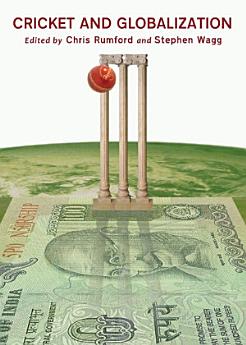Cricket and Globalization
ກ່ຽວກັບປຶ້ມ e-book ນີ້
The globalization of cricket has received a massive boost from the popularity of the newest form of the game (Twenty20) which is helping promote cricket as a mass TV sport. The rise of Twenty20, particularly the Indian Premier League (IPL), is transforming the way cricket is organized, played, and watched all over the world. This development both reinforces the globalization of cricket and also underlines that the “movers and shakers” within cricket are no longer the traditional elites in metropolitan centres but the businessmen of India and the media entrepreneurs world-wide who seek to shape new audiences for the game and create new marketing opportunities on a global scale.
ການຈັດອັນດັບ ແລະ ຄຳຕິຊົມ
ກ່ຽວກັບຜູ້ຂຽນ
‘Nevertheless, that change is occurring in the game of cricket is adroitly documented within this collection.’
--Josephj Maguire, Loughborough University, UK
Stephen Wagg is Professor in the Carnegie Faculty of Sport, Leisure and Education at Leeds Metropolitan University in the UK. He edited Cricket and National Identity in the Postcolonial Age (Routledge, 2005) and has written widely on the politics and history of sport. He also writes on the politics of comedy and the politics of childhood. He keeps wicket for Dunton Bassett CC Sunday XI.







